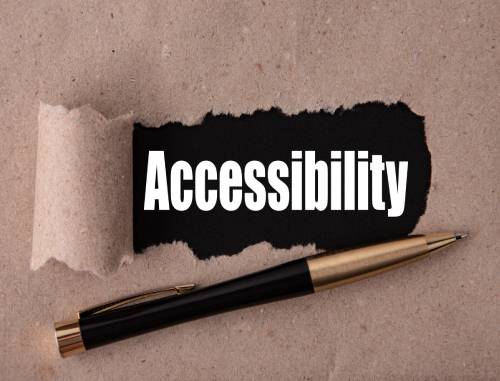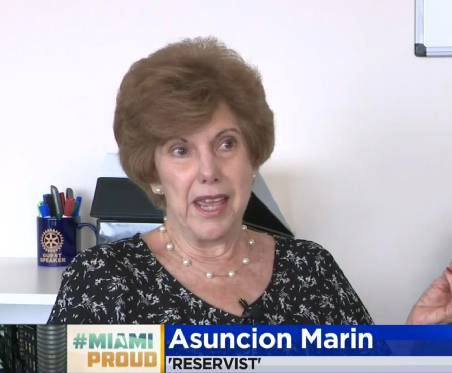Fedcap Canada Selected by Ontario Government as a Qualified Applicant for Next Phase of Employment Services Transformation
September 13, 2021
I am so pleased to announce that Fedcap Canada has been selected by the government of Ontario to be among the qualified applicants for the next phase of its Employment Services Transformation (EST). This next phase covers four new catchment areas: York, Stratford-Bruce Peninsula, Halton and Kingston Pembroke.
We will build upon the success of our current operation in the Hamilton-Niagara region where we are fortunate to be collaborating with a service provider network that embraces change, demonstrates a high level of commitment to jobseekers across the catchment area and ultimately delivers excellent outcomes. Our talented staff at Fedcap Canada and our service provider network have a shared commitment to excellence, exceptional local knowledge, and a passion for driving best practices and innovation in employment services.
Together we are transforming the delivery of employment services in Hamilton-Niagara to support more families, students and workers whose lives have been upended by the pandemic and left without work and with limited job opportunities. A healthy network drives our success.
I am proud that we are among like-minded public, private and voluntary organizations—embracing change and working together to deliver better results for the people of Ontario.
Grant Collins
Senior Vice President, Workforce Development
The Fedcap Group










